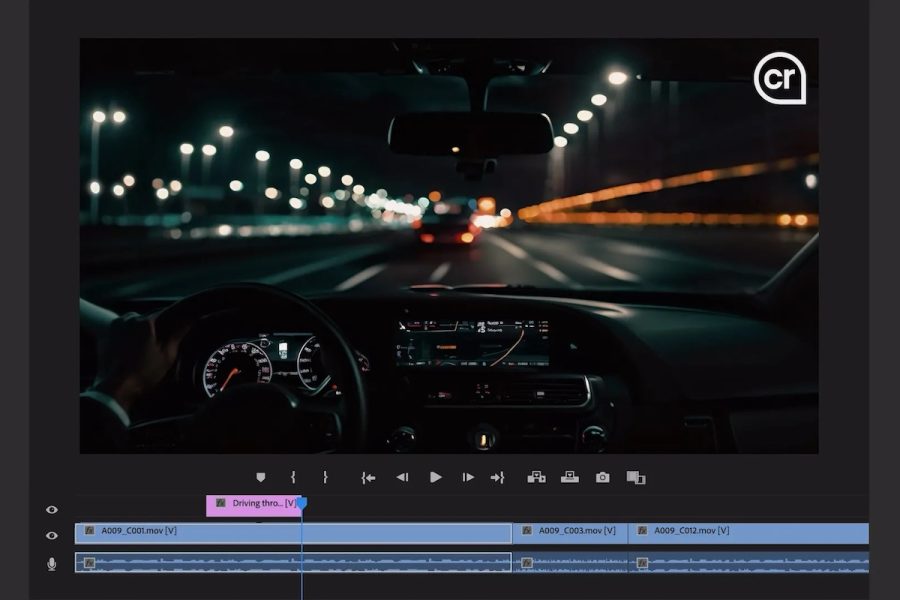
Apple wants to roll out a streaming music service like Pandora, reports The New York Times, but can’t get it done because the music companies are dragging their heels.
Funny old world, isn’t it? Apple used iTunes to basically take over the music business, setting prices and dictating terms. And Apple ran roughshod over those record companies, which are still smarting from the rough treatment.
Now they’re getting their revenge. The longer they drag things out, the more Apple suffers as new rivals grow stronger. The suits in Los Angeles must be loving this.
According to the Times: “Apple had once hoped to introduce the radio service around the Grammy Awards in February. But it has been delayed, chiefly by slow progress in licensing negotiations with record companies and with one key publisher, Sony/ATV, which also controls the EMI publishing catalog.”
Another issue, according to the New York Post, is that Apple is low-balling the deal, trying to get streaming rights at a rate well below what others pay. Apple is offering 6 cents for every 100 songs streamed. Others pay 12-to-35 cents per 100 songs streamed.
Adding to the resentment, I’m sure, is that Apple is sitting on $140 billion in cash, some billions of which were gained by screwing record companies the last time around.
Once Bitten…
So unpleasant was Apple as a partner that the media business even invented a verb for what Apple did to the music companies – they call it “getting iTuned,” and they’ve vowed not to let it happen to them again.
I suspect the same thing is what’s holding up Apple’s push into TV, as movie and TV guys saw what Apple did to the music business and would like very much to avoid that happening to them, thank you very much.
Last fall I had an interesting conversation with an influential player in the TV and movie production business, who explained the fear and loathing with which Apple is viewed in Hollywood.
Part of the problem, he told me, is that the video guys all saw what happened to the music guys after they got in bed with Apple. But also, “Steve Jobs came down here and did meetings in Hollywood, talking to people who’ve been in this business for 25 years, and he told these guys, `You’re all a bunch of idiots. You’re dinosaurs.’ The response from the Hollywood guys was, `Go f@ck yourself.'”
As far as Hollywood is concerned, “Apple is scary. Steve Jobs was scary. There’s a fear of empowering Apple. No one here has a vested interest in helping to build that up. It’s a scary time, and do you really want an 800-pound gorilla controlling your pricing?”
An Analog Model
The larger problem with iTunes is that it’s really, essentially, an analog business model. Apple didn’t really do anything revolutionary. It just “paved the cowpath,” meaning it took the same business model that people had used in the analog world and created a digital knock-off. Just like you used to buy vinyl records, and then CDs, now you went online and bought an album or a song, and now you “owned” them and added them to your “collection” which you had to manage on a computer.
You can argue that Apple did something a little bit revolutionary by letting customers buy a single song rather than an entire album. Fair enough.
But iTunes is still a model in which you buy music. The whole thing is about replicating the experience that Steve Jobs had as a kid buying vinyl records, even down to getting the album art.
As many others have pointed out, once you start using Spotify (in my case) or any of the other new music-streaming services, you don’t really want to go back to iTunes. And you don’t need to.
Apple has a problem. It bullied those content guys in Los Angeles, and now those guys are getting their revenge.
Image courtesy of Reuters.










